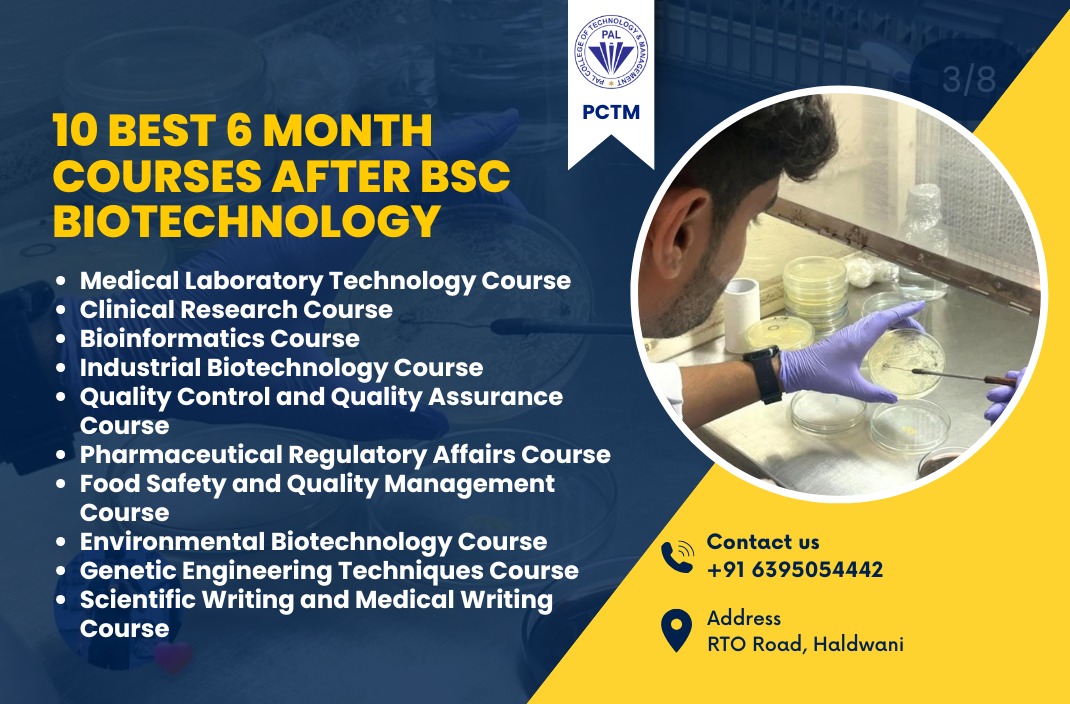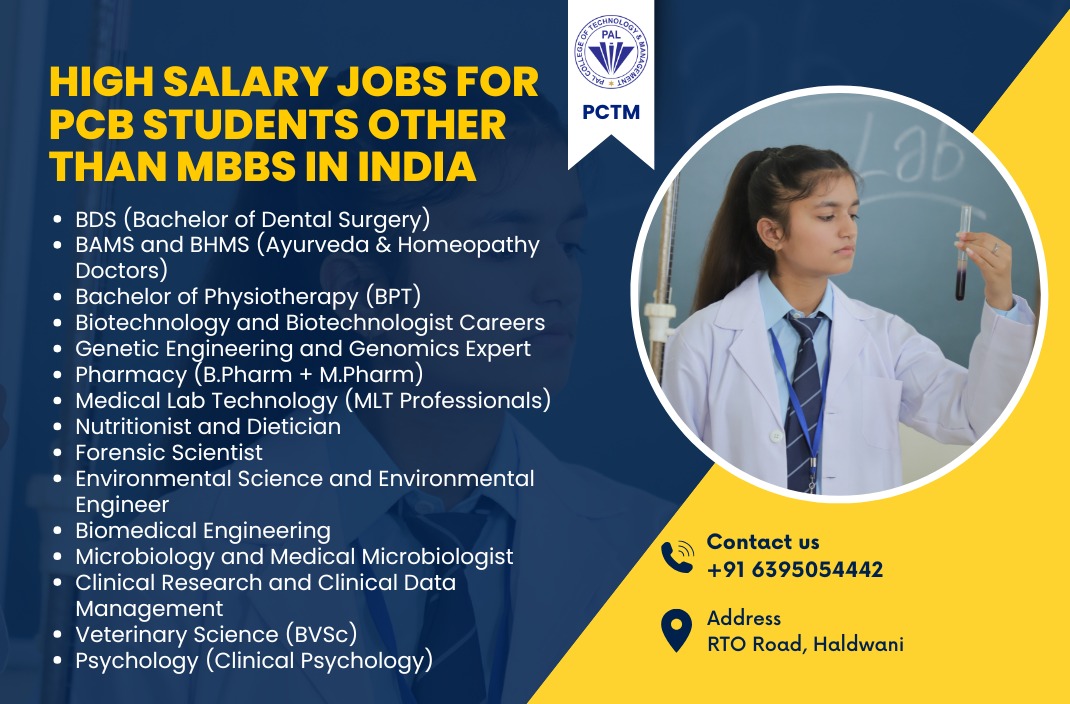Why Pursue Higher Education? The Benefits Of It
Published on 09 May, 2023

Getting a bachelor's degree used to be a means for students to differentiate themselves in a highly competitive employment market. However, the percentage of people with a bachelor's degree or more climbed by 7.5 percentage points between 2011 and 2021, rising from 30.4 percent to 37.9 percent.
This new criterion demonstrates that job seekers with a bachelor's degree or higher are more common than ever before.
Is College Necessary for a Successful Future?
"Can I succeed without a college degree?" is a common question people ask themselves when contemplating whether or not to seek a college degree. To make this selection, you must first understand your vision for your future job, the variety of talents required to succeed, and the life experiences required to get there. The sum of these factors will determine whether or not time spent in education will enhance your career journey.
Let's take a look at some of the advantages of obtaining a bachelor's degree.
1. Increased Access to Job Opportunities
A bachelor's degree brings up excellent chances that might otherwise be unavailable. College graduates have 57 percent more career options than non-graduates, and the number of positions requiring a bachelor's degree is expected to expand by 10% between 2016 and 2026.
A degree qualifies you for these additional chances and gives you greater flexibility in where you work. Degree holders not only have more career opportunities than high school graduates, but the present jobs are also more accessible.
2. Preparation for a Specialized Career.
As the world evolves, so does the work market. For good reason, technology, education, and health are three of the most rapidly growing industries; they evolve so quickly that only the most skilled persons can do the work. A bachelor's degree will assist you in learning the precise skills and habits required to make a life in these fields.
While not all degrees give a direct path to a specific job (for example, English, philosophy, or political science), many are designed with a specific career path in mind.
3. Increased Marketability
Postsecondary education is required for more than 80% of jobs in four of the fastest-growing occupations: healthcare, STEM, education, and government services.
You will learn skills that will offer you a competitive advantage in the job market as you work towards a bachelor's degree. Employers today are looking for someone with great communication, leadership, critical thinking, problem-solving, and analytical skills.
4. Increased Earning Potential
Building and maintaining a professional network is important to success in today's job environment. Certain components of obtaining a degree, such as internships and volunteering, are intended to help you meet people who can help you shape your future.
Taking advantage of the different job fairs and career development opportunities accessible to college students is another excellent way to put that degree to use.
When it comes time to finish your degree and set out into the world, degree holders can expect unrivaled assistance from their mentors and lecturers.
5. Positive Return on Investment
The cost of a degree may be daunting, especially with many students on the news sharing student loan woes and not feeling like the job market is friendly to their specific degree. While no one can argue that some degrees aren’t that easy to employ, many college grads are finding the ROI of a bachelor’s degree to be positive.
Young adults express that their degrees are a good value, with 72 percent believing that their degree has paid off, and an additional 17 percent believing that it will very soon. This trend stays steady among those who borrowed for school, as well. Plus, there are many programs available to help pay for higher education; scholarships, grants and tuition reimbursement programs are all designed to help students avoid debt.
Pal College is committed to providing a top-quality education to its students. The faculty is highly experienced and knowledgeable in their respective fields, and the curriculum is regularly updated to keep up with the latest trends and developments. The college also has state-of-the-art facilities and resources, including libraries, labs, and research centers, that enable students to engage in hands-on learning and research.
Pal College also places a strong emphasis on practical training and industry exposure. The college has a dedicated training and placement cell that helps students develop professional skills and provides them with opportunities to intern with top companies in their respective fields. This not only helps students gain valuable experience but also enhances their employability and prepares them for the challenges of the professional world.
Conclusion
Pal College of Technology & Management is committed to providing a top-quality education to its students. The faculty is highly experienced and knowledgeable in their respective fields, and the curriculum is regularly updated to keep up with the latest trends and developments. The college also has state-of-the-art facilities and resources, including libraries, labs, and research centers, that enable students to engage in hands-on learning and research.
Pal College also places a strong emphasis on practical training and industry exposure. The college has a dedicated training and placement cell that helps students develop professional skills and provides them with opportunities to intern with top companies in their respective fields. This not only helps students gain valuable experience but also enhances their employability and prepares them for the challenges of the professional world.










